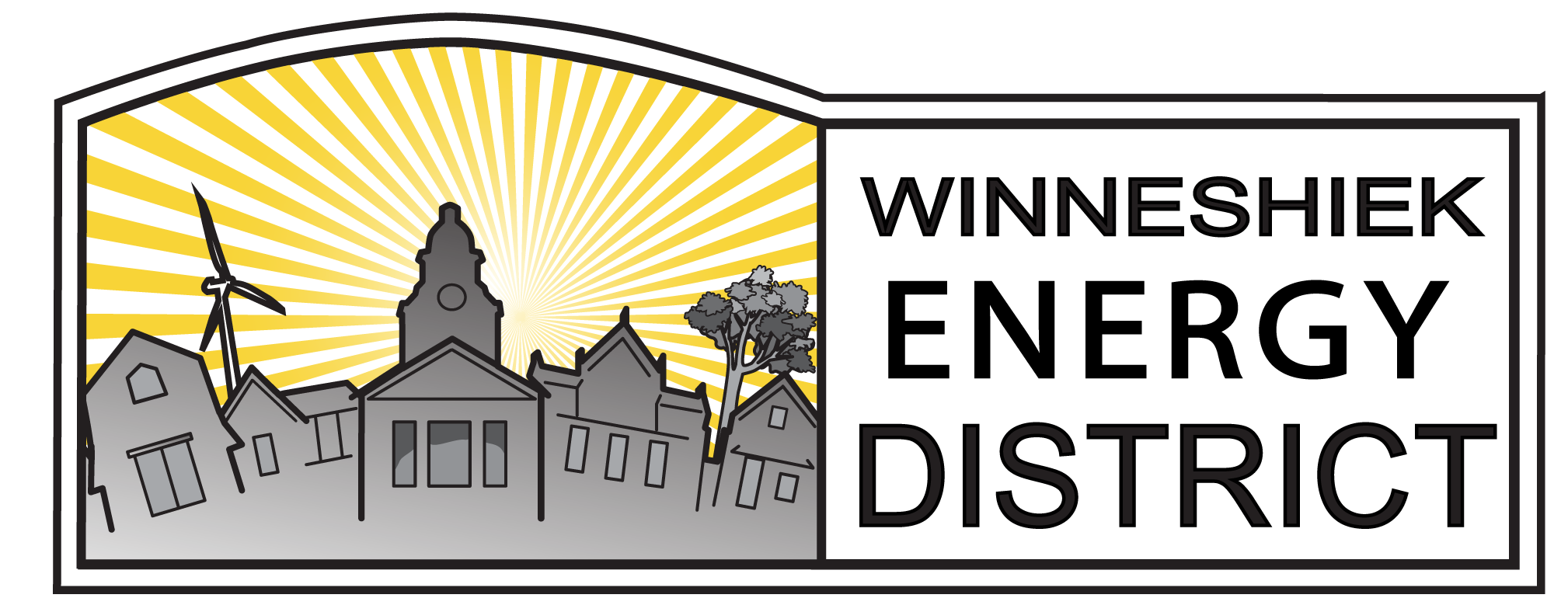Energy District joins RE-AMP
The Energy District recently joined a group 144 other non-profits and foundations across eight Midwestern states working on climate change and energy policy, all with a common goal of reducing global warming pollution economy-wide by 80% by 2050.
RE-AMP brings environmental, labor, faith, youth, energy, conservation and other groups together to develop common priorities to achieve its goals in the areas of Clean Energy, Coal, Energy Efficiency, Global Warming Solutions, and Transportation. With a wide array of member organizations, RE-AMP provides many opportunities for various constituencies throughout the Midwest.
“The RE-AMP process began in 2003, when the Garfield Foundation invited thirteen non-governmental organizations and seven foundations working on energy issues in the upper Midwest to examine long-term goals (i.e. what needs to be accomplished over the next 25 years) and the factors that will determine whether those goals are achieved. Through a professionally-led process, participants analyzed and mapped the region’s energy system, detailed the conditions and forces that encourage or discourage the development of clean energy, identified key interrelationships and potential intervention points, and evaluated the effectiveness of current clean energy advocacy in the region.
The participants not only identified a mutual long-term goal, but also developed a common understanding of the system they must influence to achieve that goal. This mutual understanding of the destination and the landscape ahead allows the creation of aligned strategies and metrics for tracking progress. Participants were then ready to implement mutually supporting strategies that took advantage of the best available opportunities to move the system toward positive change. RE-AMP identified four major drivers controlling the system that would determine the degree to which the regional energy sector shifts to clean energy. They were:
- Benefits in retiring existing coal generation
- Demand for new pulverized coal generation facilities
- Market demand for clean energy
- Achievable levels of energy efficiency
Beginning in January 2005, 30 carefully selected non-governmental organizations were organized into four planning teams and were provided with funding to examine each of these drivers in detail. This was how RE-AMP’s Working Groups got started.” (from www.reamp.org)
Since then, RE-AMP has had many success stories throughout the five working groups – Clean Energy, Coal, Energy Efficiency, Global Warming Solutions, and Transportation.
Learn more about this collaborative approach to climate change and energy policy at www.reamp.org
